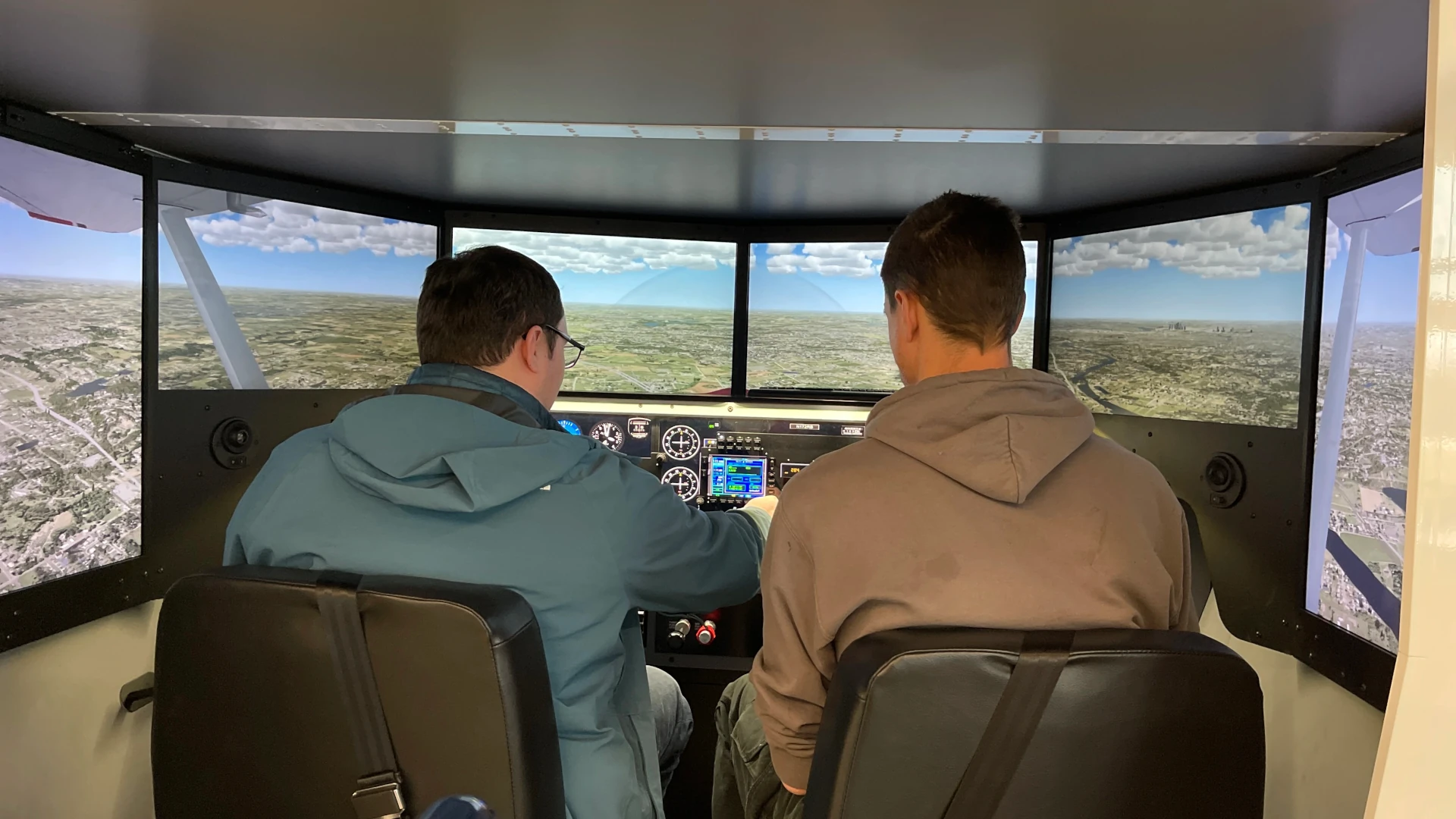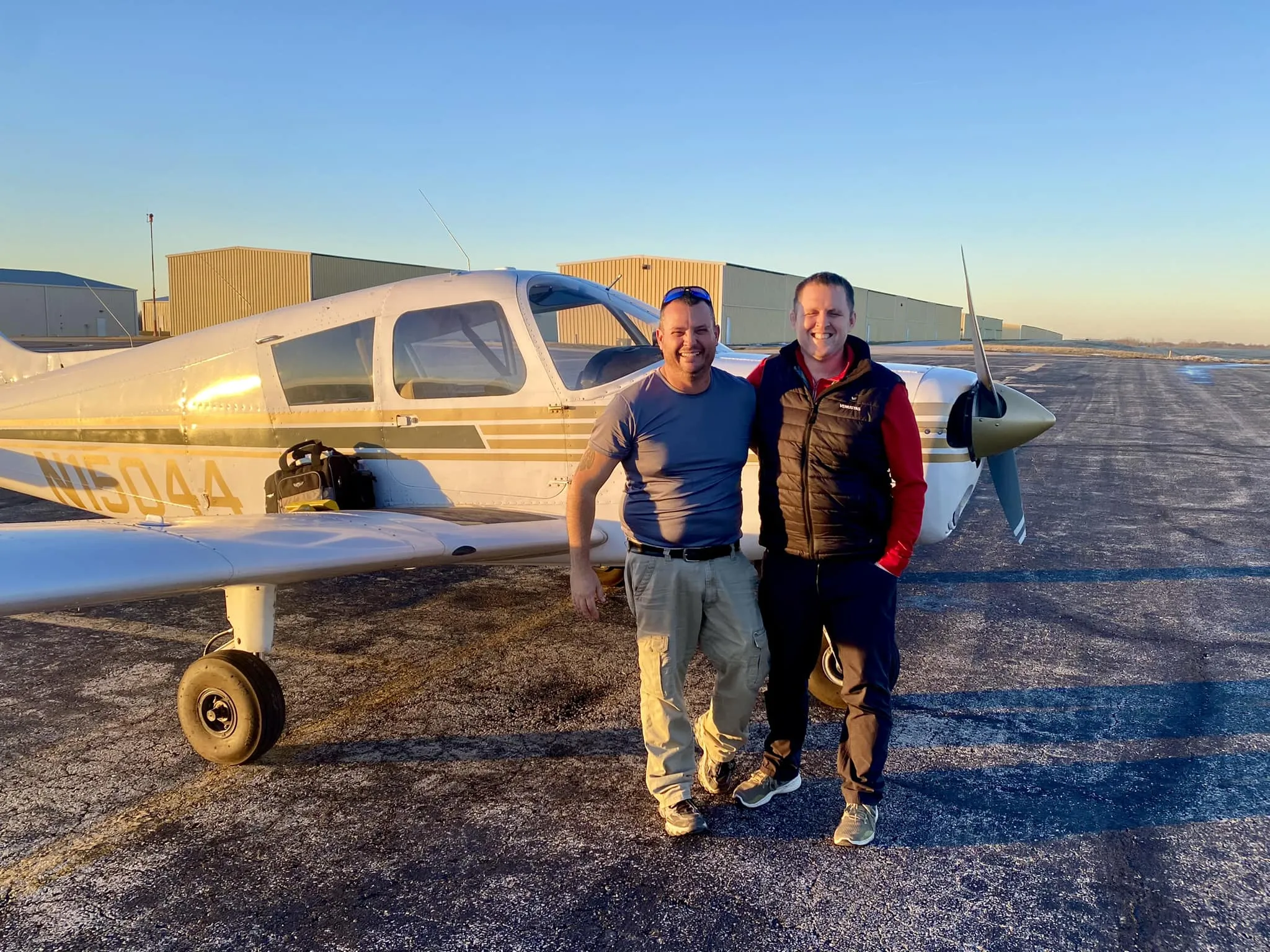The Importance of Flight Simulators in Pilot Training
Jami Heckman
4 min read ·

At Summit Flight Academy, we pride ourselves on providing exceptional training programs that prepare aspiring pilots for successful careers in aviation. One of the key components of our training process is the use of advanced flight simulators. In this blog post, we will explore the importance of flight simulators in pilot training and how they enhance the overall training experience.
Why Flight Simulators Are Essential
1. Safe Learning Environment
Flight simulators offer a controlled and safe environment for students to learn and practice various flight maneuvers and emergency procedures. Unlike real aircraft, simulators allow students to make mistakes and learn from them without any risk to safety. This safety net is crucial for building confidence and competence in novice pilots.
2. Cost-Effective Training
Operating a real aircraft is expensive, with costs associated with fuel, maintenance, and insurance. Flight simulators, on the other hand, provide a cost-effective alternative for initial training sessions. They allow students to log flight hours and practice essential skills without incurring the high costs of actual flight time. This affordability makes pilot training more accessible to a broader range of students.
3. Enhanced Skill Development
Flight simulators are equipped with advanced technology that replicates real-world flying conditions. This realism helps students develop critical skills such as instrument reading, navigation, and handling various weather conditions. Simulators can replicate scenarios that are difficult or dangerous to practice in real aircraft, such as engine failures, severe turbulence, and emergency landings. This thorough training ensures that students are well-prepared to handle any situation they may encounter in the air.
The Role of Flight Simulators in the Training Process
1. Initial Training
At Summit Flight Academy, flight simulators are an integral part of our initial training programs. Before students take to the skies in a real aircraft, they spend significant time in the simulator learning basic flight controls, navigation techniques, and emergency procedures. This foundation of knowledge and skills ensures that students are ready for their first solo flights.
2. Instrument Rating
Obtaining an instrument rating is a critical step for any pilot looking to advance their career. Flight simulators are essential tools for teaching instrument flight rules (IFR). Students learn to rely on their instruments to navigate and control the aircraft in low-visibility conditions. The simulator provides a controlled environment where students can practice and perfect their IFR skills, making the transition to real-world instrument flying much smoother.
3. Advanced Training and Scenario-Based Learning
As students progress in their training, flight simulators continue to play a vital role. Advanced training modules and scenario-based learning allow students to practice complex flight operations and decision-making processes. Simulators can recreate various flight scenarios, such as cross-country flights, night operations, and flights in adverse weather conditions. This diverse training helps students build a well-rounded skill set and prepares them for the challenges of real-world flying.
 Training in the simulator is an essential step on your way to flying
Training in the simulator is an essential step on your way to flying
Benefits of Flight Simulators at Summit Flight Academy
1. State-of-the-Art Technology
Summit Flight Academy utilizes state-of-the-art flight simulators that provide realistic and immersive training experiences. Our simulators are equipped with the latest avionics, high-resolution displays, and full-motion capabilities, ensuring that students receive the best possible training.
2. Experienced Instructors
Our team of experienced instructors is dedicated to helping students succeed. They use flight simulators to teach and evaluate student performance, providing valuable feedback and guidance. This hands-on approach ensures that students receive personalized instruction tailored to their individual needs and learning styles.
3. Continuous Improvement
Flight simulators at Summit Flight Academy are not just for initial training; they are used throughout a pilot’s career for continuous improvement and recurrent training. Whether it’s practicing new maneuvers, staying current with IFR procedures, or preparing for checkrides, our simulators provide a versatile and effective training tool for pilots at all levels.
Visit Summit
Flight simulators are an indispensable part of pilot training at Summit Flight Academy. They offer a safe, cost-effective, and diverse training solution that prepares students for the demands of real-world flying. By incorporating advanced technology and expert instruction, our simulators ensure that students develop the skills and confidence needed to succeed in their aviation careers.
 Just another day at the office!
Just another day at the office!
Ready to take your pilot training to the next level? Contact Summit Flight Academy today to learn more about our programs and how flight simulators can enhance your training experience.